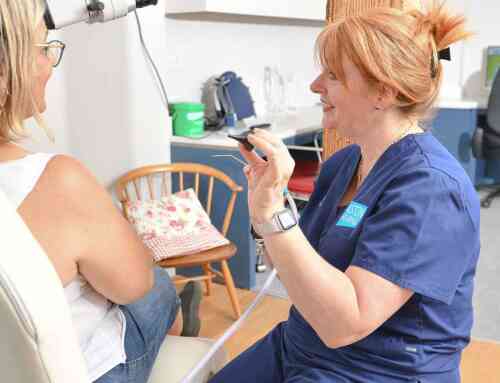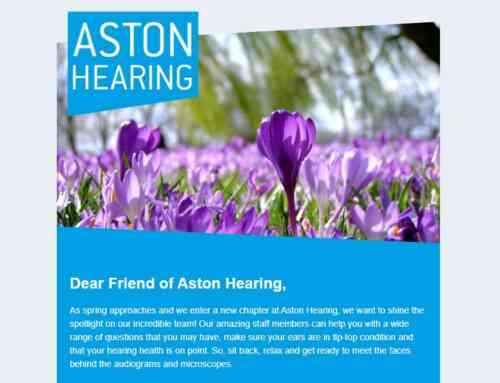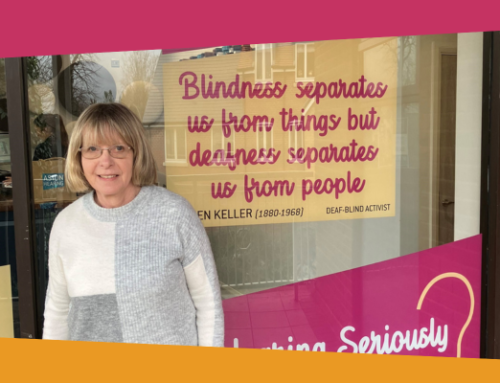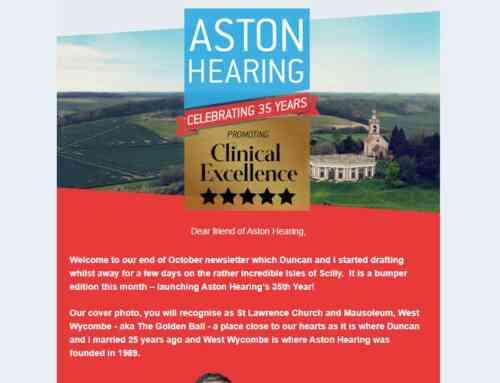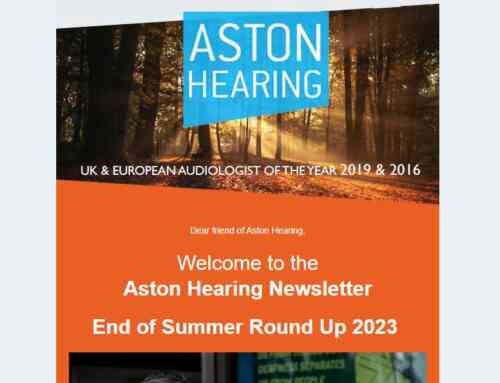
Over the last few years in practice we have noticed a decline in interventions to correct glue ear in children. This was reflected in an article by the Daily Mail October 2017*, which reported a clamp down on the number of ENT referrals for treatment of glue ear. It also showed a decline in surgical operations to insert ventilation tubes (grommets). Grommets are used to release internal pressure in the middle ear and help restore hearing.
There is now more evidence to suggest that some children may have spent years underperforming at school due to hearing difficulties in their early years. Of recent times many doctors have been reluctant to recommend a course of action and instead employ a policy of “watch and wait” – as glue ear can get better without treatment. The problem is ‘watch and wait’ for how long?
3-4 months is a long time at a crucial point of brain development and this could cause longer term problems down the line. We can see why parents and doctors may not want to ‘rush’ into surgery, but other proactive interventions can be as simple as an increased focus on hearing tactics or even provision of temporary hearing aids. Simply the awareness of the family, friends and caregivers when a child is not hearing well can be a significant benefit and achieve better outcomes for the future.
We know that intervention at an early age is crucial to a child’s development. There are no firm guidelines about when to stop waiting and take action.
A study by Professor Mark Haggard, chief advisor to the charity Defeating Deafness, showed that when pre-lingual children are not treated proactively they can be condemned to a lifetime of educational barriers. A study of over 1000 children in New Zealand suggests early glue ear affects behaviour, reading and IQ into late teens – despite the glue ear no longer being present.
In our anecdotal experience, we believe that compromised sound information at critical brain developmental stages in a child’s early life can lead to a child being less reliant and aware of their hearing sense generally and often have a very poor listening ability – which can sometimes be officially diagnosed as Auditory Processing Disorder (APD).
* http://www.dailymail.co.uk/health/article-86563/ The-dangers-delaying-glue-ear-operation.html

